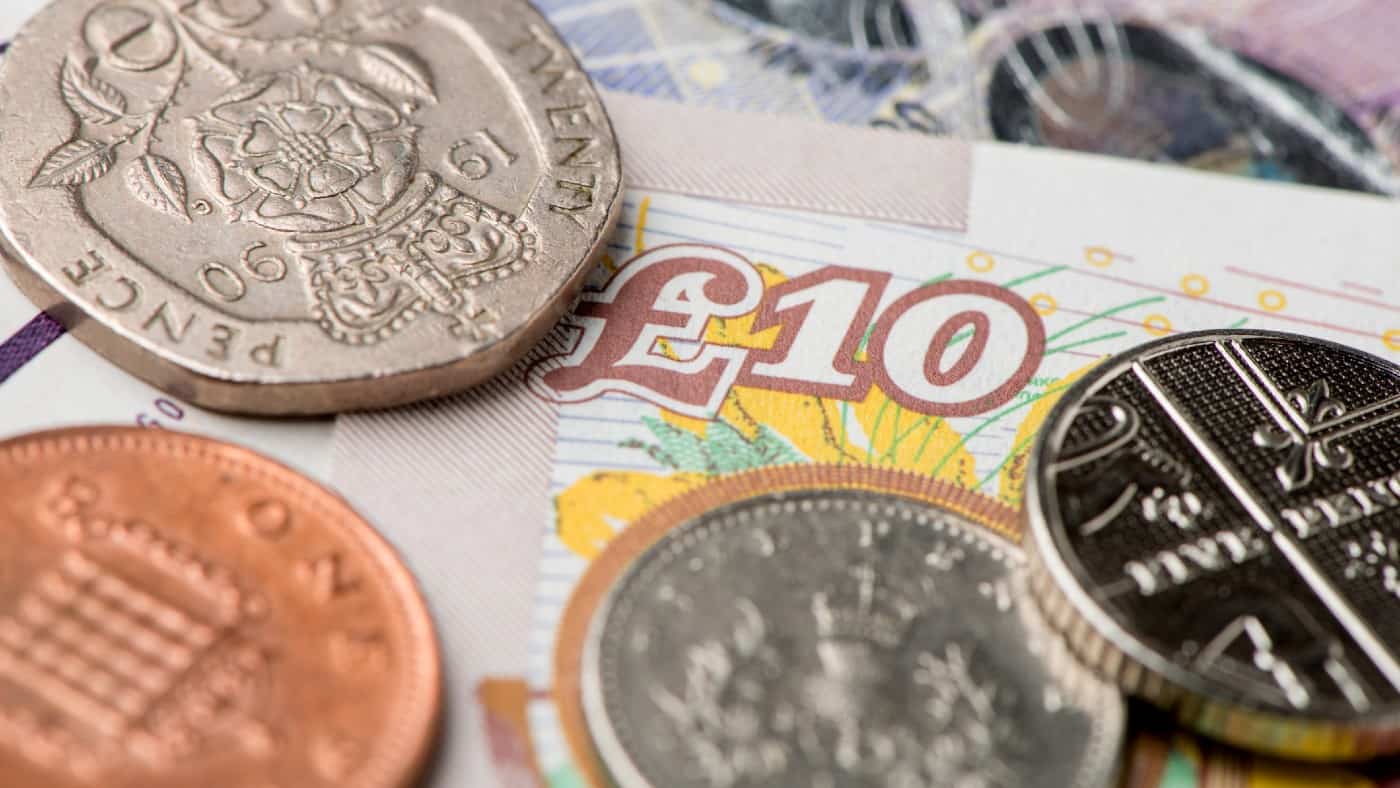Working longer hours to earn more money? That is one way to do it. Personally though, I would prefer to build a second income without putting in more time, if I could.
My own approach is focused on buying shares in successful, large companies I hope can pay me dividends far into the future. Doing that does not require me to have a large lump sum to start with. I can match the approach to my own financial circumstances.
Here is how I would go about it with a spare £10 a day.
Getting into the saving habit
Putting aside such an amount would give me over £3,600 a year to invest.
That could form a strong basis for my second income plan. Not only that, I think that developing a regular habit of steady saving through thick and thin should help me build good financial habits.
Rather than leave this money under the bed, I would put it into a share-dealing account, or Stocks and Shares ISA. That way, I would be ready to invest it as soon as I had enough saved and had found some dividend shares I wanted to buy.
Finding future dividend champions
How might I find such shares?
A lot of people think the stock market is very complicated. But I find it can be helpful to think from first principles. Dividends are basically spare cash a company divvies up among its shareholders. So I would be looking for companies I thought had strong future profit potential.
As part of that search, I consider future customer demand in a given area. Does a business have some competitive advantage that could help it capitalise on that demand?
For example, I expect people will want to disinfect their hands and there is only one Dettol brand. It is owned by Reckitt. Similarly, GSK has patents to some medicines, meaning it is uniquely positioned to benefit from certain healthcare needs.
I also look at a company’s balance sheet. If it has a lot of debt, servicing that could soak up profits that might otherwise be paid out as dividends.
Great company, decent price
Just finding a brilliant business is not enough for me to invest though. I also want to buy when the shares sell at an attractive price. With a lot of investors also looking to buy shares in quality businesses, it can be rare to find them selling cheaply.
But price matters because overpaying can mean a good business makes a bad investment. The price I pay also helps determine my expected dividend yield. Yield is the annual dividends I will hopefully receive, expressed as a percentage of what I pay.
Growing second income
Say I invest in shares with an average dividend yield of 5% (I think this is perfectly doable right now, while sticking to blue-chip UK shares). My first year of savings ought to generate over £180 in annual dividends.
That would be welcome but might sound more like holiday money than a second income.
Over time though, as I keep putting in my daily £10, hopefully my dividend income will grow. Dividends are never guaranteed, but if I invest in strong businesses and they grow their profits, shareholder payouts could also increase over the years.





